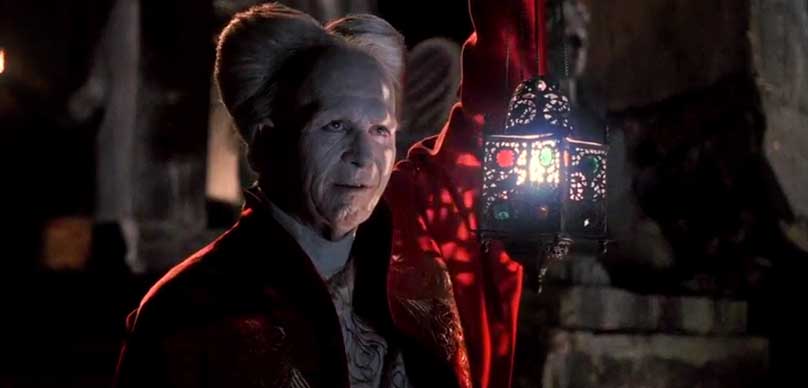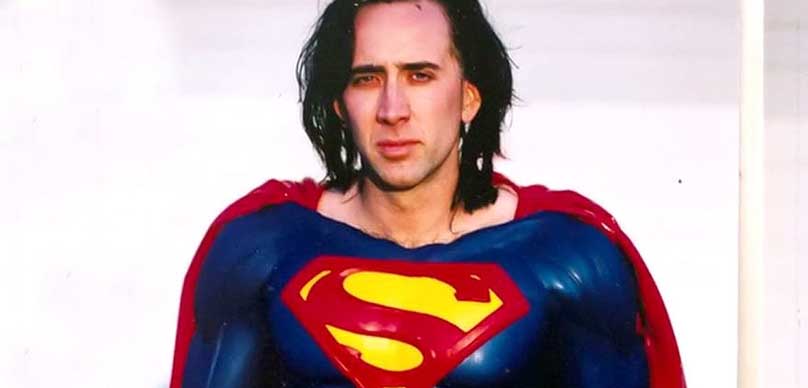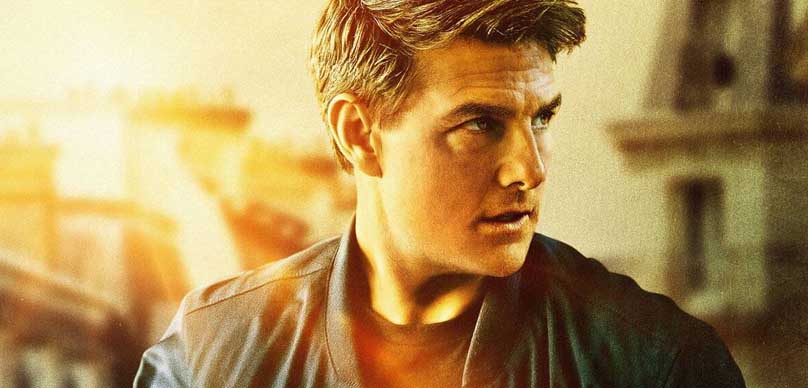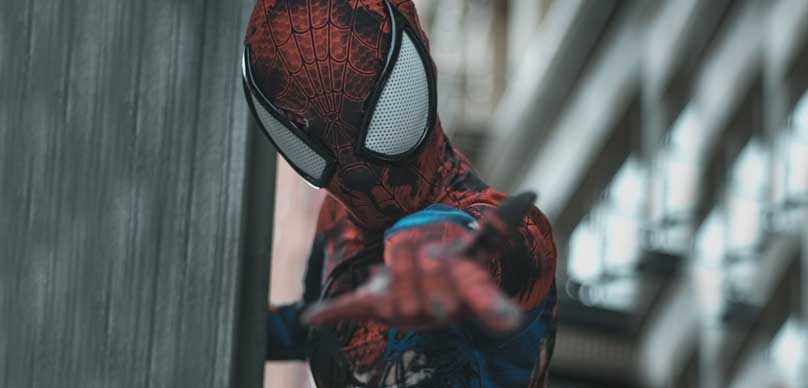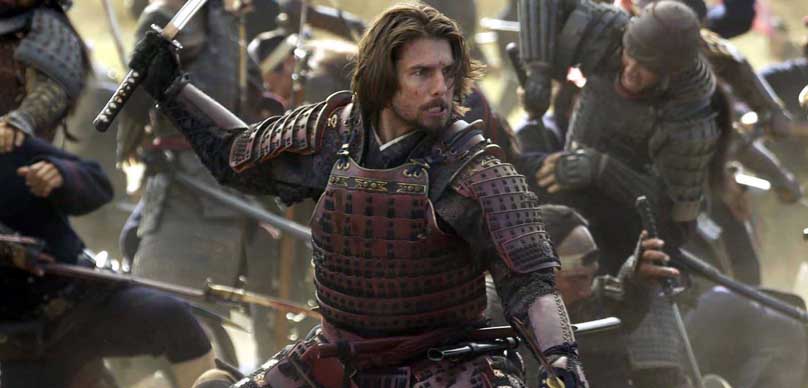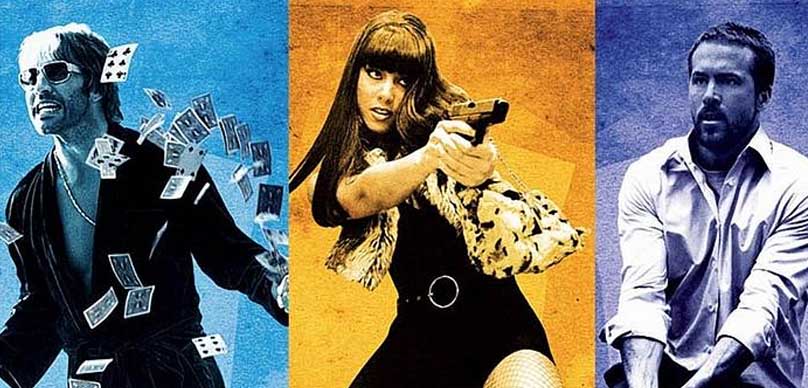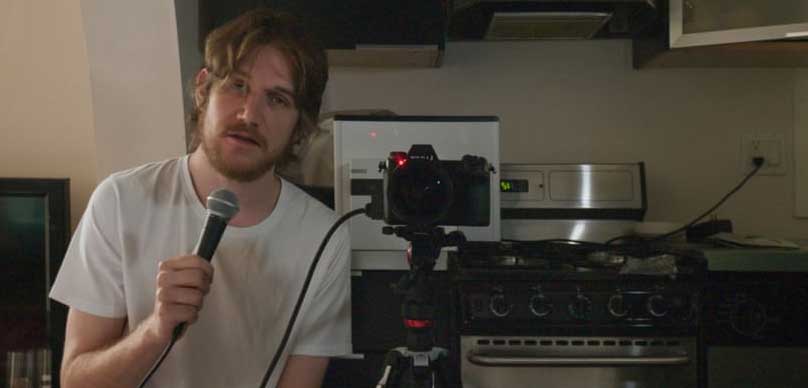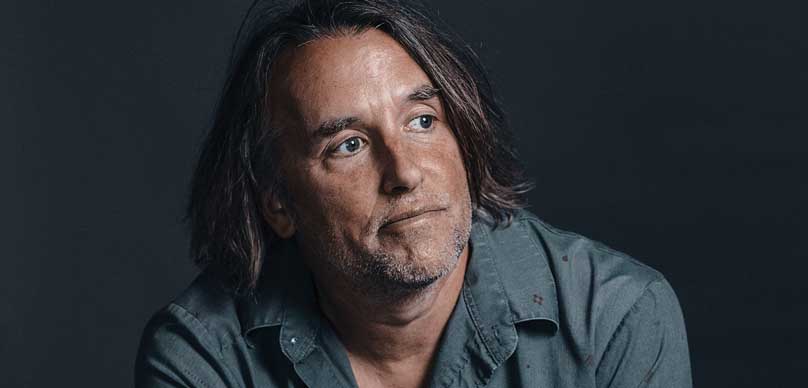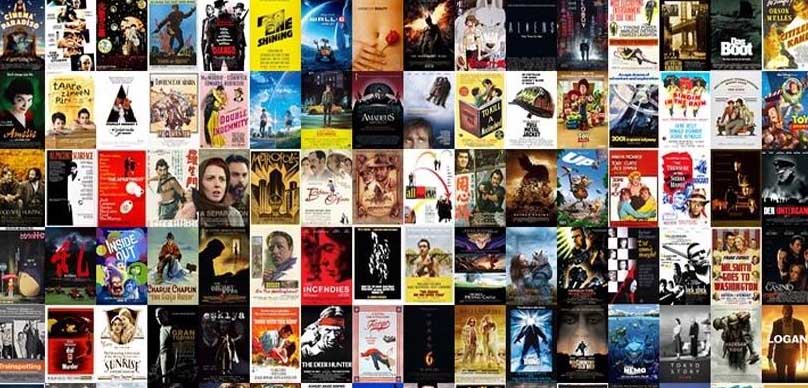So you want to write a High Concept Screenplay. Every story starts with a concept. An idea that hopefully causes your eyebrow to arch, your lips to purse, and your brain to go, “Hmmm… intriguing.” It’s what Robert McKee, the author of Story, refers to as the magic “What If.”
For instance, what if a police officer were killed and brought back from the dead as a robot made to serve and protect like in RoboCop.
Or what if a man accused of killing his wife discovers she faked her death to implicate him in her murder as in Gone Girl.
Both ideas have that Hmmm factor: they elicit curiosity — a desire for discovery — an excitement about the possibilities.
Some high concepts grab your immediate attention; others are more nuanced and require other aspects to sell it like an A-list actor or director attached or a producer with a reputable track record — and even then those film can struggle to get made: the film Forrest Gump was an Academy Award-winning film, but it took many years to convince a studio to finally make it. That’s because it was a nuanced concept.
Even the most well-established filmmakers must trudge through the quagmire of “no’s” to get their nuanced stories into production before finally getting the green light; you can only imagine how much more difficult it is for the struggling unknown writer trying just to get his or her screenplay read.
Barring access to foreign independent financing or Jake Gyllenhaal shepherding your script from page to screen, the most valuable arsenal at a writer’s disposal is the concept or high concept. The idea that essentially garners interest simply on the idea alone.
Question is, how do you find this high concept idea? That is the million-dollar question — or billion-dollar if you count the receipts of mega-blockbusters like Furious 9.
Unfortunately, there is no magic fountain that you can dip into with ease for these ideas, but there are divining rods that can lead you down the path of interesting possibilities.
One thing I like to do when creating a high concept is to look for the “twist”. The turn of an existing idea that in some way contradicts that concept — in other words, the irony. Tie it into a logline, and you may have the catalyst for that “hmmm” concept.
For instance, When a woman meets the man of her dreams, she must now become the creature of his nightmares to prove her love. Sure it may sound a little hokey, but it illustrates the use of irony that sparks the “what if” synapses in your mind.
Another approach is to take that ironic twist and apply it to characters and stories that are now in the public domain. Public domain is a term that refers to intellectual properties that are available to the public without having to obtain permission for use.
Hollywood has repurposed well-known characters from the public domain for years; Disney has done so with incredible success — Snow White, Cinderella, Sleeping Beauty, Aladdin— and that’s just scratching the surface.
My guess is that’s what writer Evan Daugherty was probably thinking when he wrote Snow White and the Huntsman, which turned into a box office success for Universal.
Characters like Frankenstein, Dracula, and the Big Bad Wolf are several of many that are available in the public domain. How about this, what if Tarzan were a girl left to fend for herself on an alien planet ruled by gorillas — that’s an example of taking the recognizably familiar and twisting it into an albeit crazy, new direction.
When I approached my writing partner, Jarod, with the idea that is now called The “InSpectres,” I simply posed the premise, what if there was a paranormal investigative team composed of famous literary writers like Arthur Conan Doyle and Charles Dickens. Well, in fact, there was one, and it was this piece of historical fact that became the foundation of our story.
A story that we took even further to include writers Bram Stoker, Robert Louis Stevenson, and Agatha Christie, as well as the most famous magician in history, Harry Houdini.
The high concept was built on making an almost impossible, seemingly possible which in it of itself is the essence of irony. If you want to see another example of this, check out my comic series called Dead Future King. It’s about the return of King Arthur to a modern-day England besieged by a zombie epidemic.
You may dislike zombies or may be ambivalent to the Arthurian legend, but there has been an encouraging amount of “hmmm, tell me more” to suggest I’m on the right track.
One of my favorite resources for this subject came from Terry Rossio, a top Hollywood screenwriter who co-wrote The Pirates of the Caribbean with Ted Elliot.
He wrote a column called Strange Attractor for their site www.wordplayer.comin which he discusses the nuts and bolts of what makes for a good concept. I highly recommend checking it out.
You can be the best writer in town, but if your concept doesn’t grab them instantly, or can’t be explained in a way to get them to go “Hmmm,” then you might be in for a bumpy ride.
Until next time, keep typing away.
David R. Flores is a writer and artist (aka Sic Monkie) based in Los Angeles. He is the creator of the comic book series Dead Future King published by Alterna Comics and Golden Apple Books.

